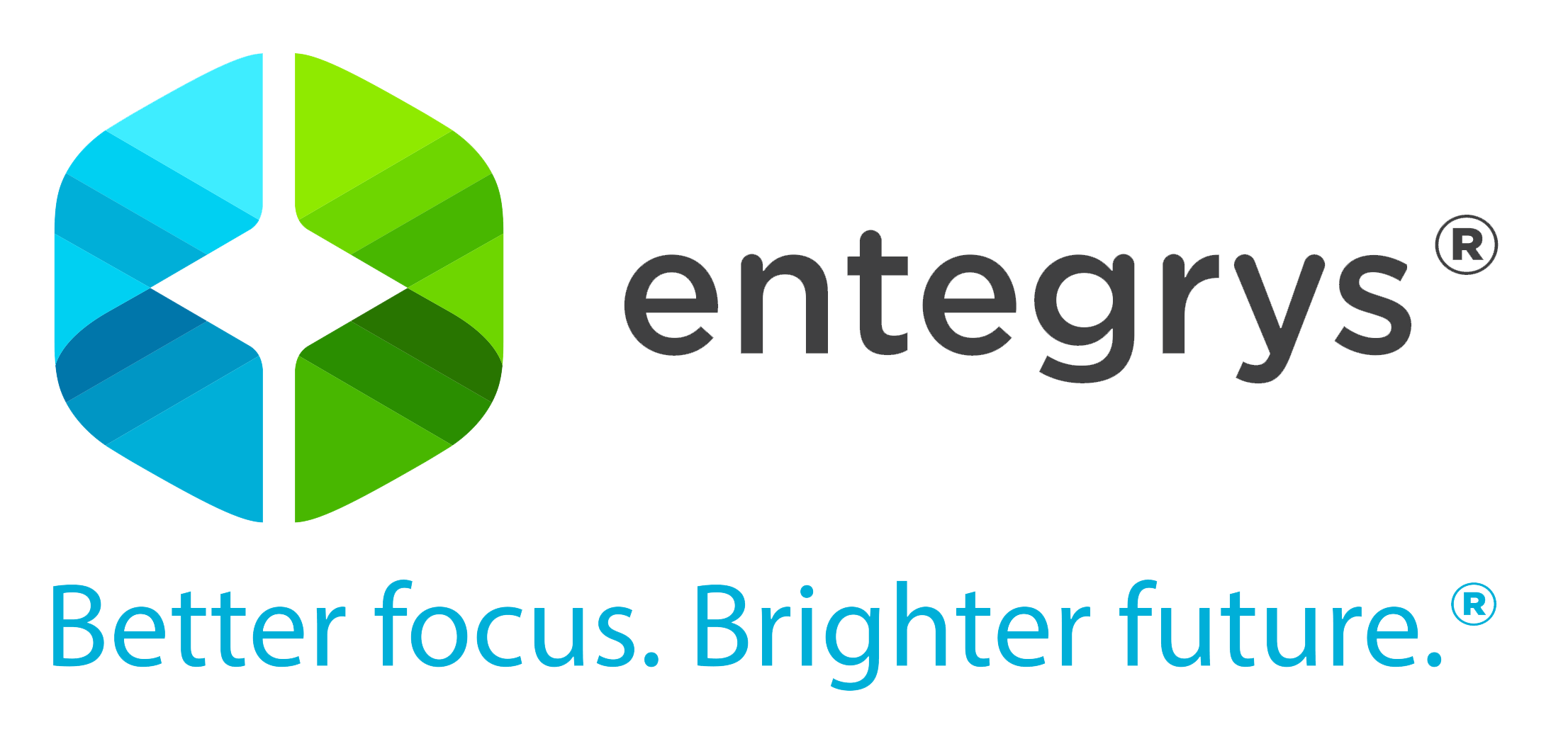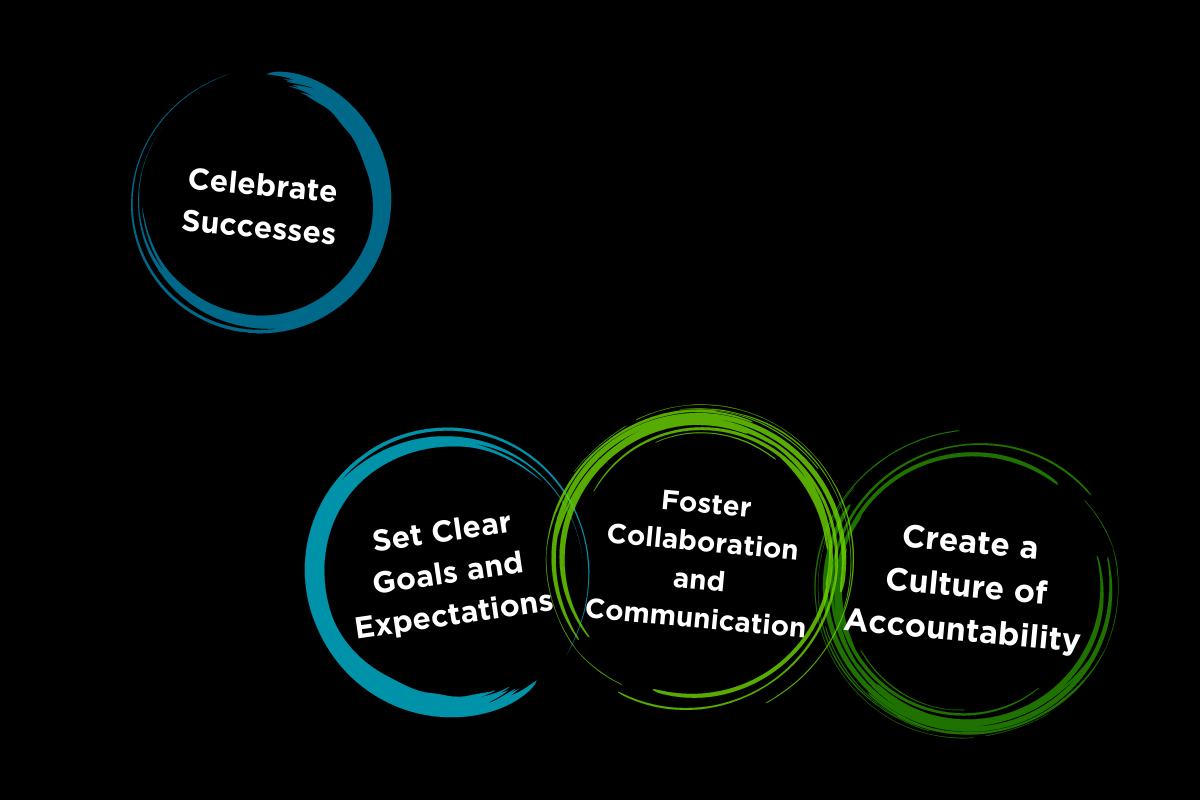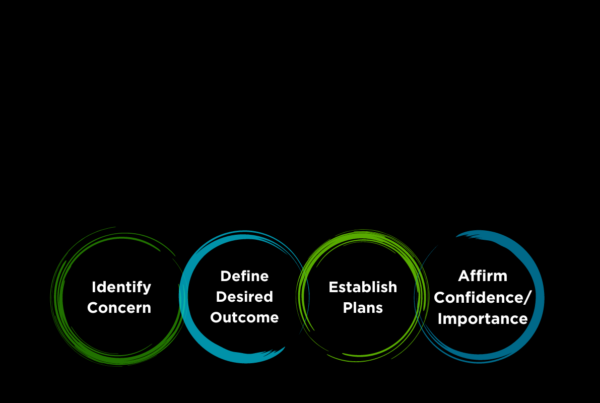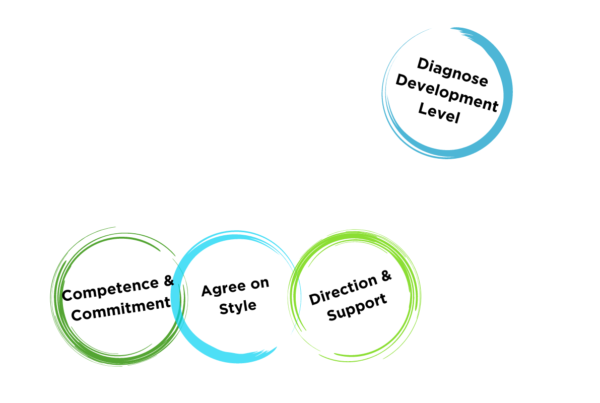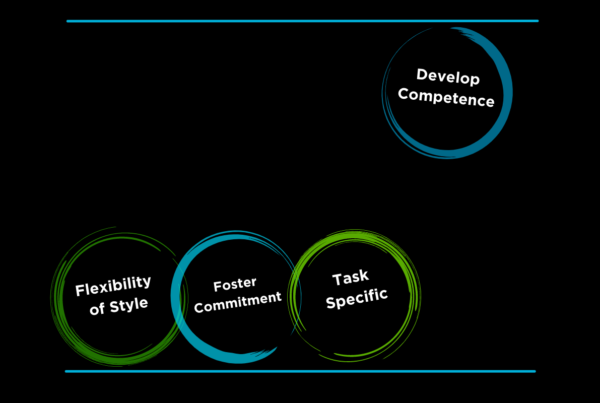How to address social loafing in the workplace
“Being productive gives people a sense of satisfaction and fulfillment that loafing never can.”
Zig Ziglar
Teamwork increases workplace productivity, but psychology has shown that sometimes productivity only comes from a fraction of the team. As the saying goes, there’s no “I” in “team”. But what happens when some team members aren’t pulling their weight? This phenomenon, known as social loafing, can have severe consequences for team performance and morale. This blog post will explore social loafing, why it happens, and how you can address it in your workplace.
What is Social Loafing?
Social loafing is when people work less diligently in a group than they would if they were working alone.
In 1913, Maximilien Ringelmann observed that when a group of people pulled on a rope together, the output was lower than when group members pulled on the rope separately. Since then, this trend has appeared in various contexts and has most likely happened to you!
As mentioned, social loafing might appear in several ways. Some examples could be not making suggestions, not doing tasks, or just going through the motions without really taking part in activities. Social loafing is often the result of a lack of motivation or accountability. If an individual feels their contribution will be noticed or valued, they may be more inclined to put in the effort.
Why Does Social Loafing Happen?
Several factors can contribute to social loafing in teams.
One is the diffusion of responsibility. Individuals may feel less responsible for the outcome if they believe their involvement is only a minor part of a broader effort.
Another factor that leads to social loafing is a lack of clear goals or expectations. Individuals might be unable to contribute successfully if they are unclear about what is expected. Studies show that almost 70% of knowledge workers believe that if they had clear job management procedures, they’d be better able to meet their goals.
With managers losing 62% of their work week to this, work about work is a sneaky contributor to social loafing. Work about work consists of monitoring job status, managing fluctuating priorities, looking for information, and other tasks that divert time from meaningful work. These tasks often fall on the team lead but emphasizing active participation and performance awareness in team meetings can reduce this load.
Finally, social loafing can also result from personality or cultural factors. Some individuals will be more likely to avoid their obligations than others.
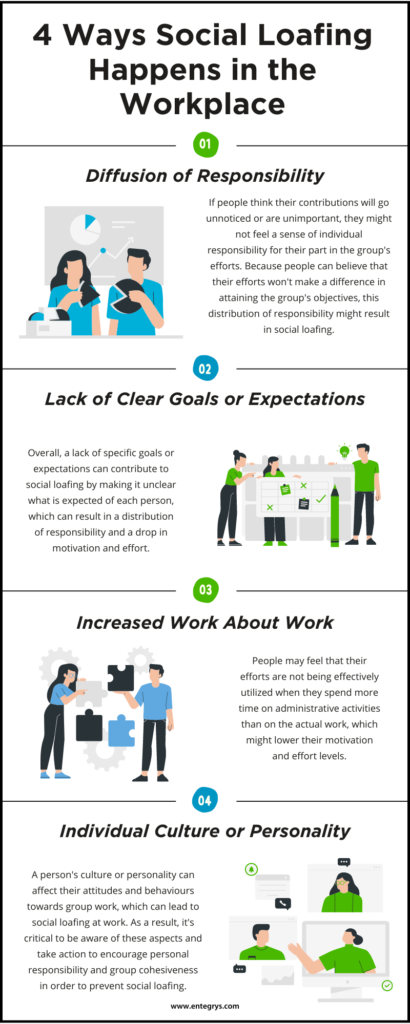
How to Address Social Loafing in the Workplace
Addressing social loafing requires a multi-faceted approach. Here are a few strategies to consider:
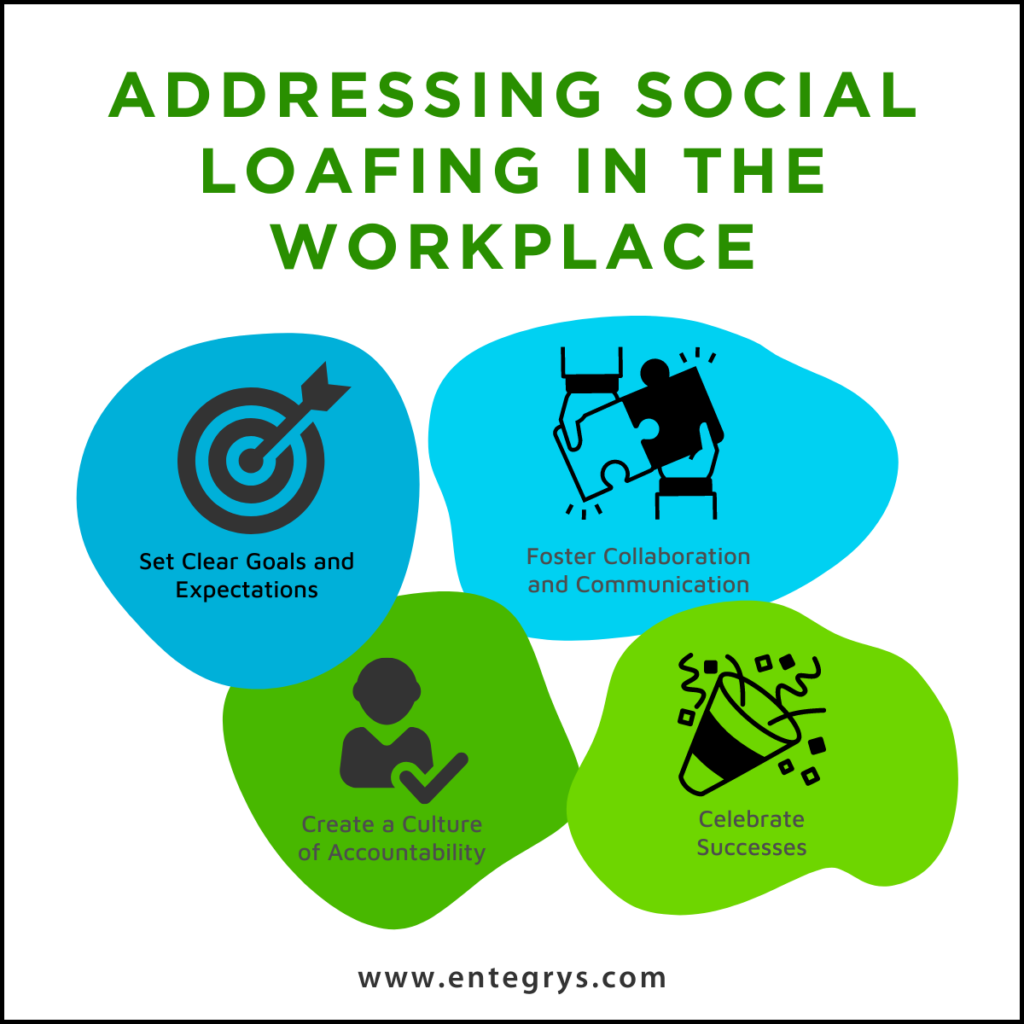
Set Clear Goals and Expectations: Ensure everyone on the team is aware of their responsibilities regarding the work and their participation. This can ensure that everyone is on the same page and foster a sense of accountability.
Create a Culture of Accountability: Managers should emphasize Individual contributions and hold team members responsible for their work. Regular performance check-ins, establishing and monitoring contributions to performance indicators, and other types of feedback are all tools available to achieve this.
Foster Collaboration and Communication: Encourage team members to communicate and cooperate instead of working in isolation. This may motivate people to hold one another accountable and foster a sense of shared accountability.
Celebrate Successes: Be sure to recognize individual contributions and celebrate team accomplishments when they complete significant goals and tasks. This can bolster the significance of each team member’s contribution and foster a sense of pride in the group’s achievements.
Conclusion
Teams in the office may struggle with social loafing, but it is not insurmountable. By setting clear goals and expectations, creating a culture of accountability, fostering collaboration and communication, and celebrating successes, you can help mitigate the effects of social loafing and ensure that your team is functioning at its best. Remember, there’s no “I” in “team”—but there’s also no room for social loafing.
